Prices As Low As
₹1500
Elevate your well-being at our advanced Health Screening Centre in Bangalore, where you'll experience personalized care, precision screening, and peace of mind for a healthier tomorrow.

Cutting-edge Ultrasound Technology
We use the latest ultrasound equipment to ensure the highest quality images for precise diagnoses.

Expert Medical Team Members
Our experienced doctors and sonographers interpret the ultrasound results with great accuracy

Patient-Focused Approach
Your well-being is our priority, and we ensure a comfortable and stress-free experience during the ultrasound examination.





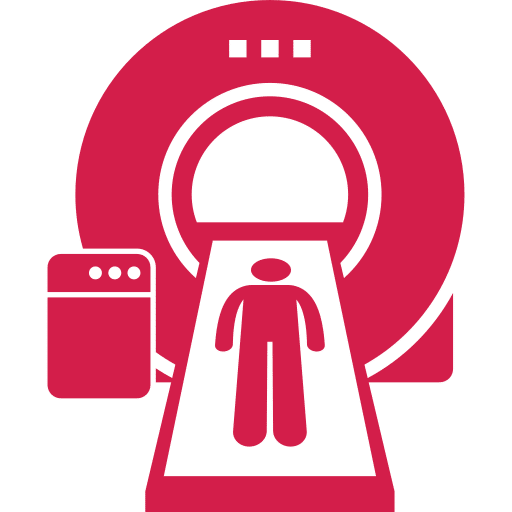

Bone marrow is a soft, spongy tissue found inside certain bones, primarily in the center of large bones like the hip bones, breastbone (sternum), ribs, and vertebrae. It is responsible for producing blood cells, including red blood cells (erythrocytes), white blood cells (leukocytes), and platelets (thrombocytes).
A urine analysis, also known as a urinalysis or routine urine examination, is a common diagnostic test that evaluates the physical, chemical, and microscopic properties of urine.
A urine culture is a laboratory test that examines urine for the presence of bacteria or fungi that can cause urinary tract infections (UTIs).
A urine protein test, also known as a urine protein-to-creatinine ratio (UPCR) or urine albumin test, measures the amount of protein present in urine.
A urine glucose test is a diagnostic test that measures the level of glucose (sugar) present in urine.
A urine ketone test is a diagnostic test that measures the level of ketones in the urine.
A urine pregnancy test is a common diagnostic test used to detect human chorionic gonadotropin (hCG), a hormone produced by the placenta during pregnancy.
Urine microscopy is a laboratory test that examines urine under a microscope to detect and analyze the presence of cells, crystals, casts, bacteria, and other substances.
A 24-hour urine protein test, also known as a 24-hour urine protein excretion or proteinuria test, measures the total amount of protein excreted in urine over a 24-hour period.
Stool occult blood testing, using benzidine or other similar chemical reagents, is a diagnostic test used to detect the presence of small amounts of blood in the stool that are not visibly apparent (occult).
A stool routine examination, also known as a stool analysis or stool culture, is a diagnostic test used to evaluate the physical, chemical, and microbiological characteristics of stool.
A stool culture is a diagnostic test used to detect and identify bacterial pathogens present in the stool.
An Occult Blood Test, specifically the Fecal Occult Blood Test (FOBT), is a diagnostic screening tool used to detect hidden (occult) blood in the stool that is not visibly apparent.
The Ova and Parasites (O&P) test is a diagnostic examination used to detect the presence of parasites or their eggs (ova) in stool samples.
The Fecal Fat Test, also known as the Quantitative Fecal Fat Test (QFFT) or Stool Fat Analysis, is a diagnostic test used to measure the amount of fat in stool samples.
The Clostridium difficile (C. diff) test is a diagnostic examination used to detect the presence of Clostridium difficile bacteria or their toxins in stool samples.
The Calprotectin Test is a diagnostic tool used to measure the levels of calprotectin in stool samples.
The Helicobacter pylori (H. pylori) Antigen Test is a diagnostic tool used to detect the presence of H. pylori antigens in stool samples.
Utilizing Urine test in Bangalore enables diagnosis of various conditions within the body,

Gastrointestinal Tract
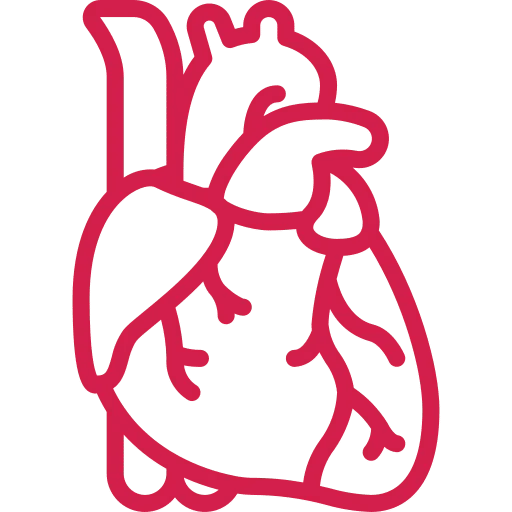
Heart
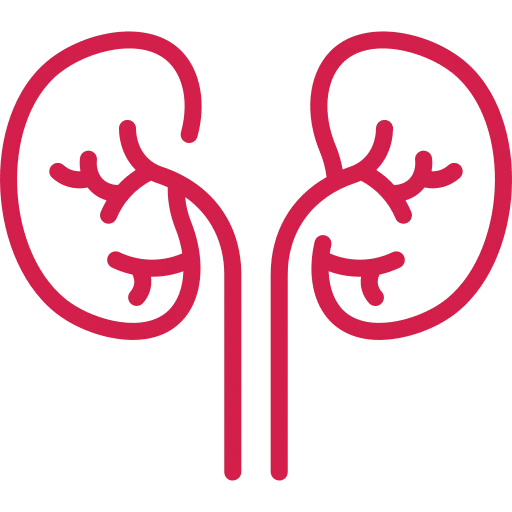
Kidneys

Liver

Pancreas

RBC

Thyroid
How Urine test works?

Patient Preparation: During blood test in Bangalore, you will sit on a comfortable table. Lab technician will clean the skin surface by application of an antiseptic liquid.

Blood Collection: Wrap an elastic band around patient's upper arm to apply pressure and blood is drawn.

Pressure and Bandaging: The elastic band and needle is removed. Apply cotton or a bandage to stop the bleeding.


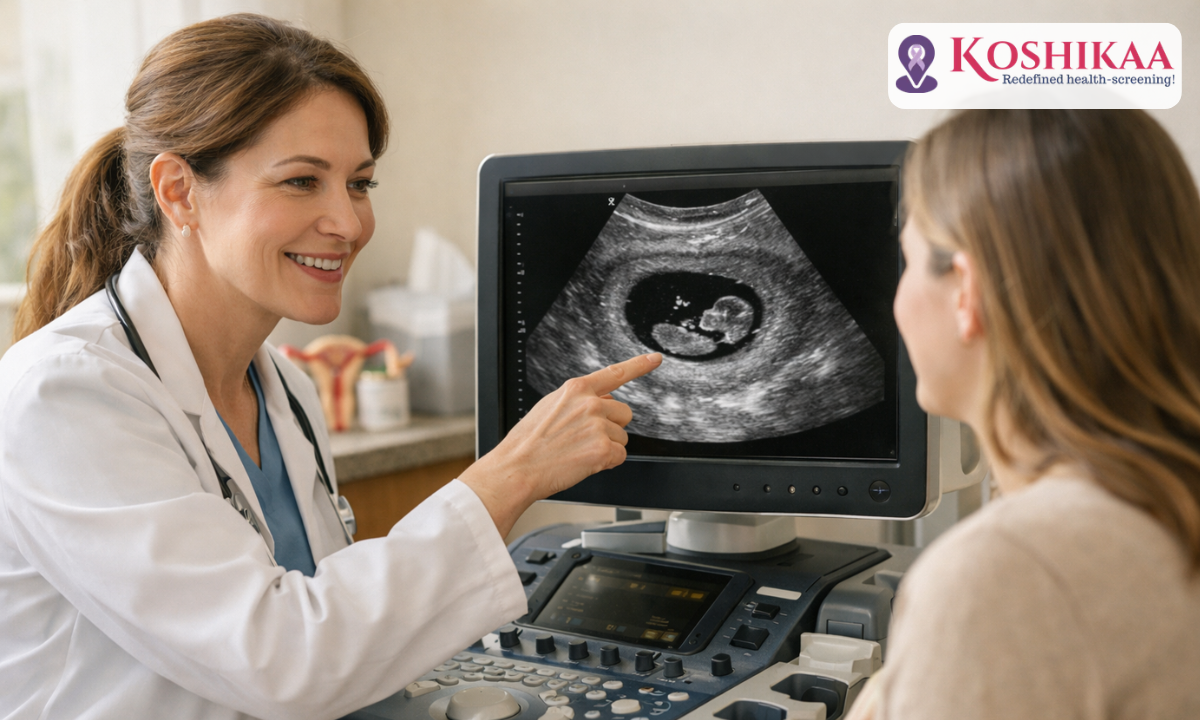
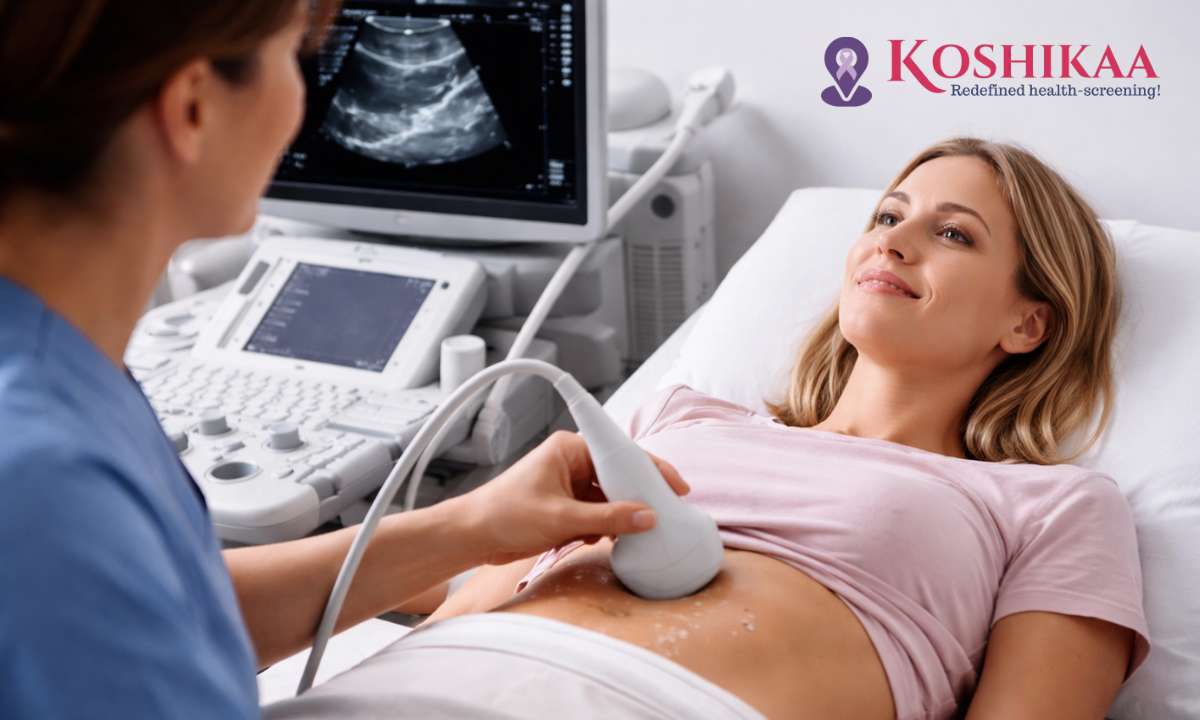

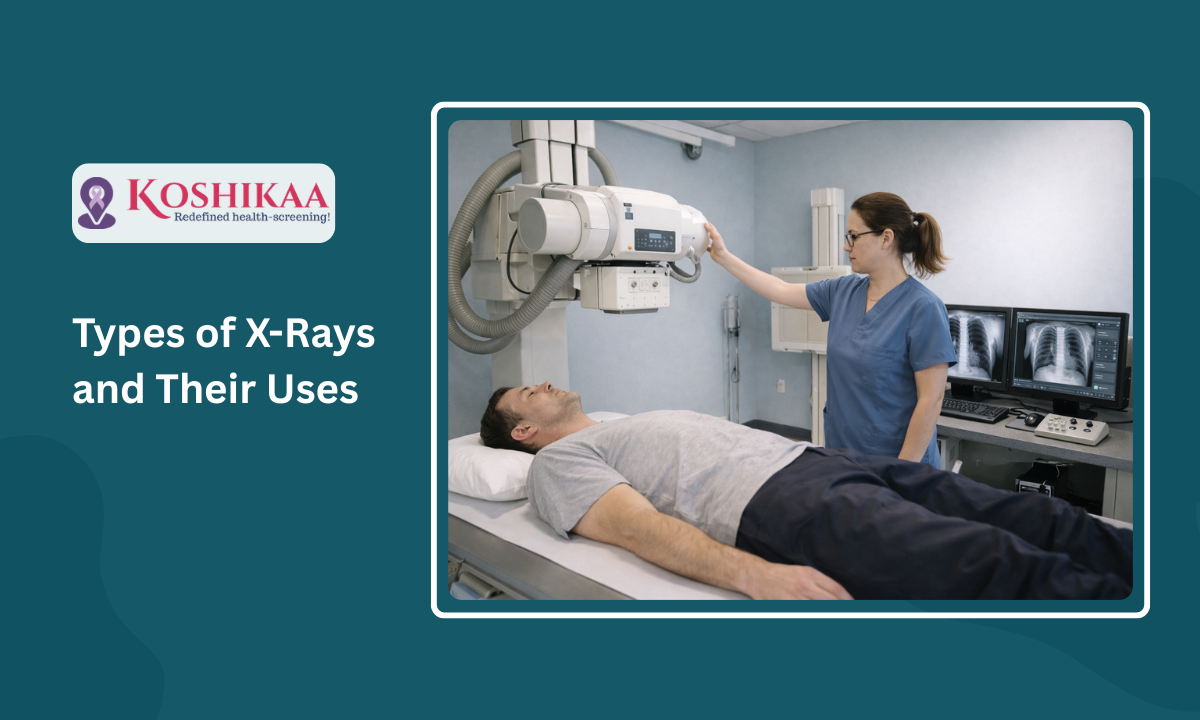


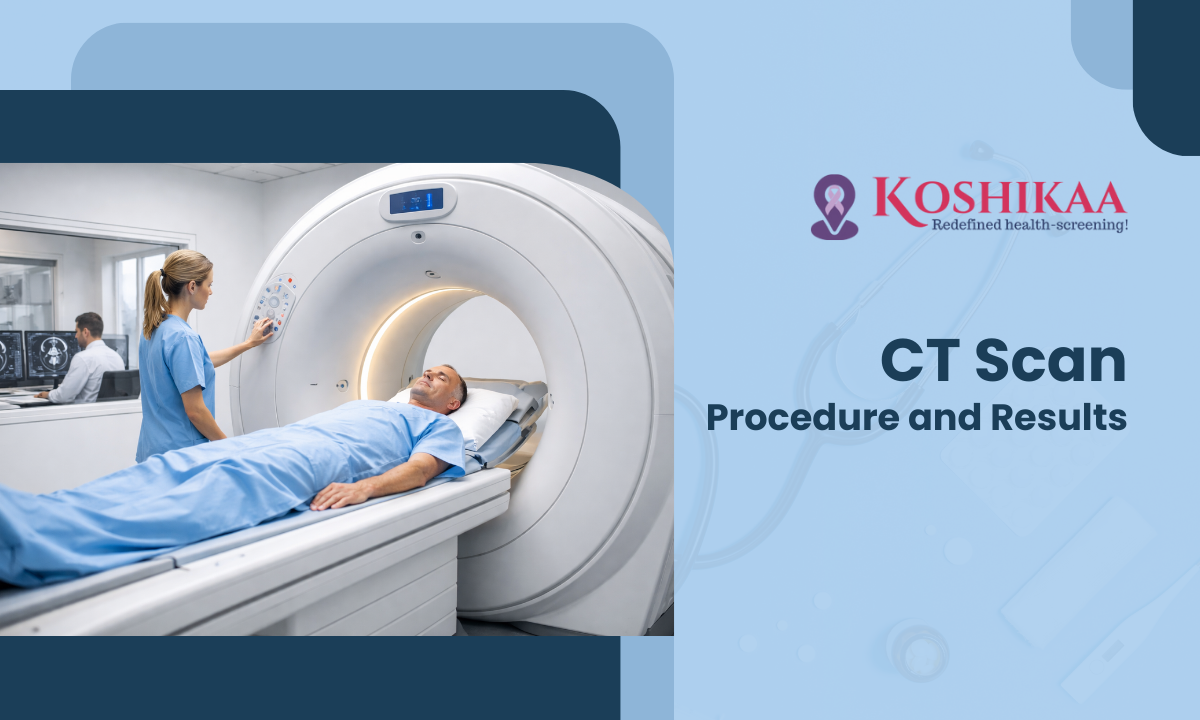


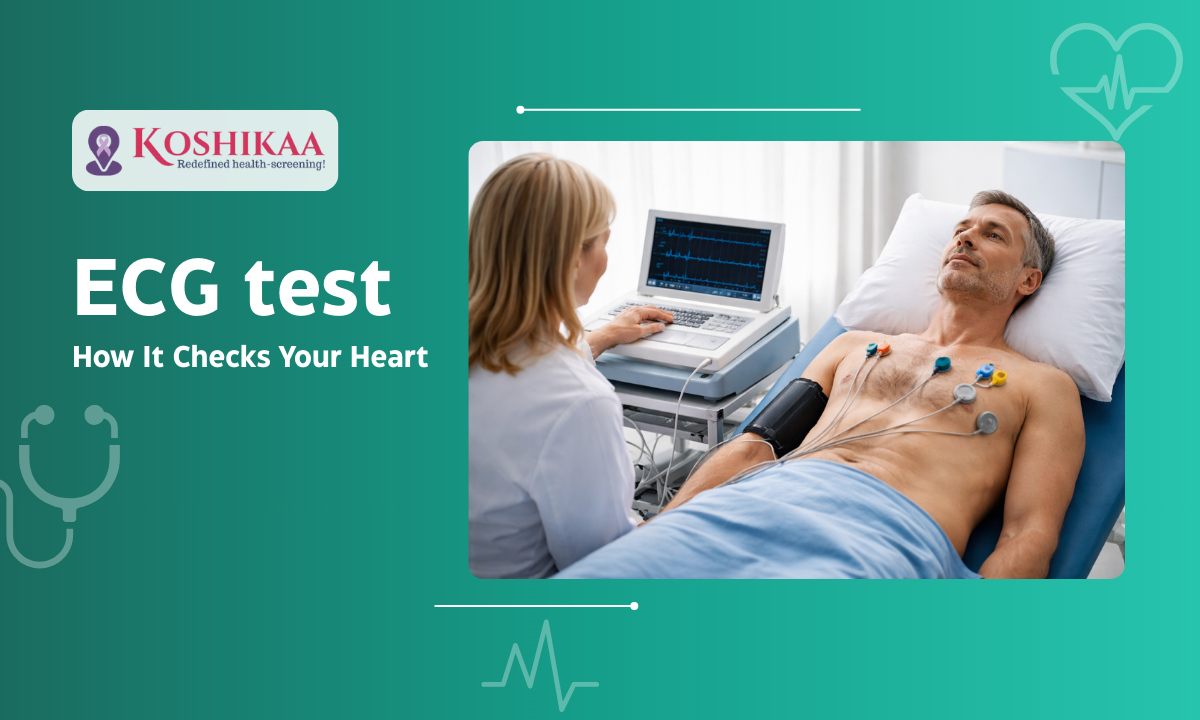
Bone X-rays are essential for diagnosing fractures and assessing bone alignment, aiding doctors in developing treatment plans and monitoring healing progress. They provide detailed images of the skeletal system, helping identify abnormalities or injuries that may not be visible through other imaging techniques